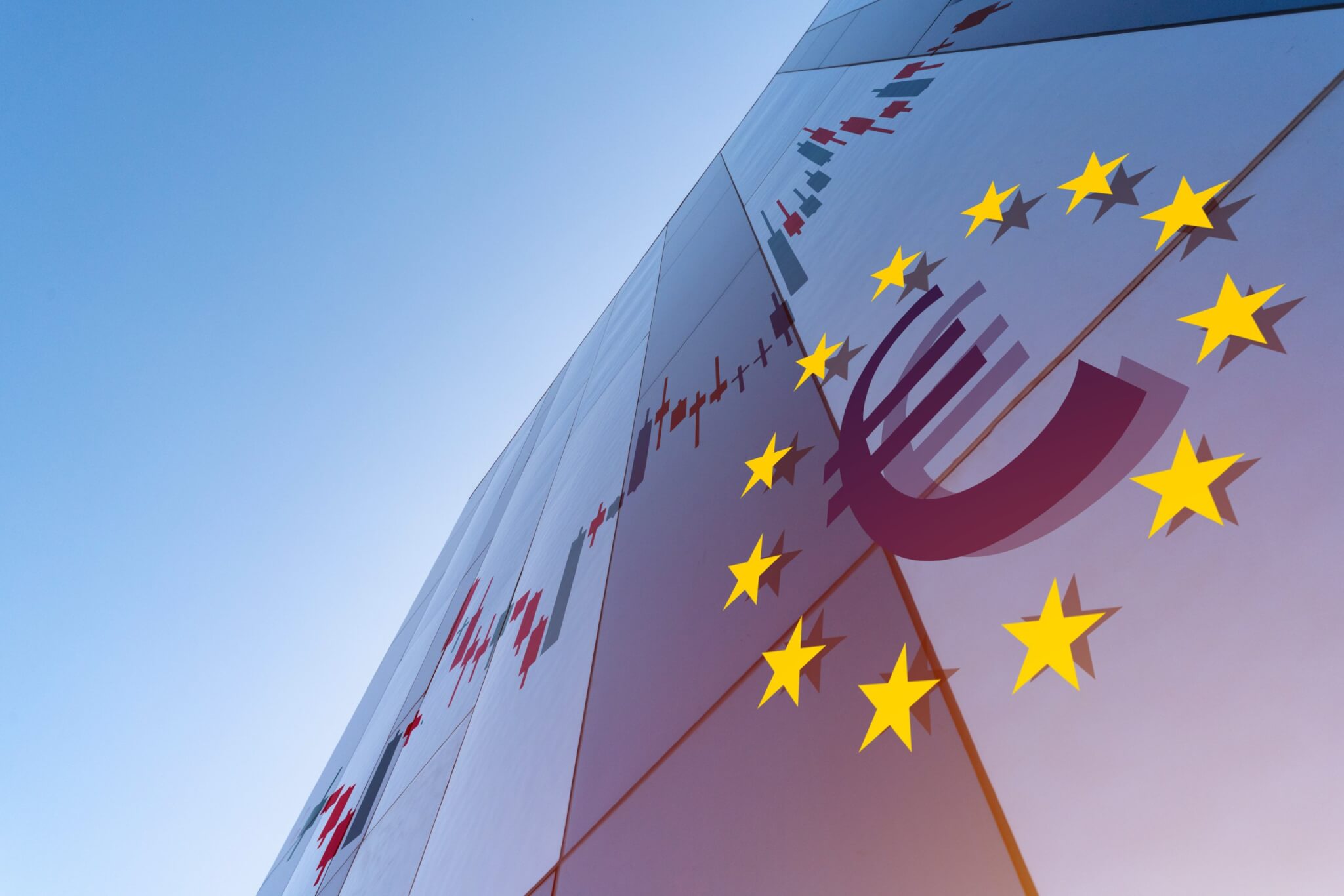In the vast and growing world of e-commerce, online marketplaces and aggregators have become central hubs of digital trade. Whether you’re buying sneakers from a third-party seller on a major platform or booking a handyman through an app, you’re interacting with a digital intermediary. And where commerce thrives, regulation inevitably follows. Enter the Digital Services Act (DSA) — the European Union’s bold framework to modernize and regulate the online landscape.
If your marketplace or aggregation platform serves EU users, the DSA is more than just another regulatory acronym. It’s a transformative set of rules with serious implications. Here’s what it means for your business, blending legal insights, practical advice, and a bit of humor to keep things engaging.
What is the DSA and Why Does It Matter?
The Digital Services Act, enacted in 2022 and gradually rolling out, is part of the EU’s strategy to create a safer, more transparent, and equitable digital environment. Alongside the Digital Markets Act (DMA), it focuses on the responsibilities of digital platforms and how they handle content and interactions.
The DSA applies to all “intermediary services,” including:
- Hosting services (e.g., cloud storage)
- Online platforms (e.g., marketplaces, app stores, social networks)
- Very Large Online Platforms (VLOPs) with over 45 million EU users monthly
In essence, if your platform enables users to post listings, sell products, or offer services, you’re likely covered under the DSA.
Key Requirements for Online Marketplaces
The DSA imposes obligations based on the size and role of the platform. Here are the most significant ones:
- Know Your Business Users (KYBC)
Marketplaces must verify information about third-party sellers, such as names, addresses, ID documents, and tax details.
- Proč? To prevent illegal goods and fraudulent activities.
- Tip: Integrate KYBC into your onboarding to boost compliance and user trust.
- Notice and Action Mechanism
Platforms must offer accessible tools for reporting illegal content or products, process reports quickly, and provide feedback. - Transparency Reporting
Platforms need to publish reports detailing content moderation actions, takedown requests, and appeals. - Internal Complaint Handling and Redress
Users and sellers must have systems to challenge content removals, suspensions, or takedowns. - Traceability of Traders
Consumers should easily identify sellers, including their name, contact details, and whether they’re professional or private.
Special Rules for Very Large Online Platforms (VLOPs)
VLOPs face stricter obligations, such as:
- Annual risk assessments (e.g., for fake news or consumer harm)
- Data sharing with researchers
- Independent audits
- Appointing compliance officers
Consequences of Non-Compliance
Failure to comply can result in:
- Fines up to 6% of global annual turnover
- Suspension of services
- Reputational damage
How to Prepare Your Marketplace for the DSA
- Conduct a Compliance Audit: Determine which rules apply based on your platform’s size and scope.
- Automate and Document: Log moderation actions and securely store seller data.
- Update Policies: Revise terms to align with DSA requirements.
- Educate Teams: Train staff on compliance basics and escalation paths.
- Prioritize UX and Compliance: Design user-friendly tools for reporting and moderation.
Final Thoughts: Trust Through Compliance
The DSA isn’t about stifling innovation but fostering responsible practices. By embracing its requirements, marketplaces can enhance trust, ensure fairness, and position themselves as leaders in the digital economy. Trust, after all, isn’t just a nice-to-have—it’s a regulatory necessity.


